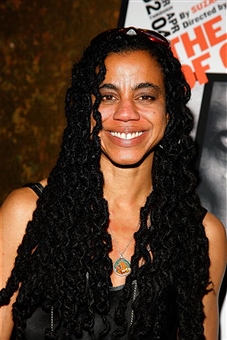The Reading Series
What if you threw a party and theater happened?
Marriage of Figaro Discussion led by Rob Melrose Wednesday, February 7 at 7 pm Often cited as a precursor to the French Revolution , Pierre Beaumarchais penned The Marriage of Figaro to expose and highlight the lack of justice in an economically divided society. Just two years after its premiere, Mozart’s opera by the same name was given its first performance, minus the scathing political references from the original, presented here. Ritter, Dene, Voss Discussion led by Paige Rogers Thursday, February 8 at 7 pm Two sisters are preparing for the return of their brother from a mental institution where he has been a patient for quite some time. Austrian Bernhard bases this three-person play on the life of his countryman, the philosopher Ludwig Wittgenstein. Bernhard’s work is continually produced all over Europe but rarely seen in the U.S. Natasha's Dream Discussion led by Paige Rogers Sunday, February 11 at 2 pm This simple play may shock you: Natasha's Dream is a young orphan’s retelling of her upbringing in rural Russia magnifing the class divide. Playwright Yaroslava Pulinovich was born in Omsk, Russia in 1989 and is well-known in the Russian theater – her work showcased at New Drama Festival, Moscow's Playwright and Director Center, and the Kiselev Young Spectator Theatre in Saratov – but this play, in John Freedman’s translation, has only been read and performed a handful of times in the United States. According to critic Oleg Loevsky, Natasha’s Dream is "the reason for people to work in theatre." The Book of Grace Discussion led by Rob Melrose Monday, February 12 at 1 pm One of Pulitzer Prize winning Parks’ lesser known plays, The Book of Grace follows a right-leaning border patrol officer as his son storms into his life, demanding answers. But it is his perpetually optimistic wife, Grace, who ends up connecting with her stepson. Ben Brantley of the New York Times said of the play's necessity: “This American home is under siege, it appears, and so – if you’ll pardon my extrapolation – is the country in which (and for which) it stands." A Cutting Ball favorite, Parks’ work has been featured several times: Betting on the Dust Commander in 2008, Death of the Last Black Man in the Whole Entire World in 2005, and 365 Plays/365 Days in 2006. Lunch provided by Ike's.
by Pierre Beaumarchais
Pierre Beaumarchais
by Thomas Bernhard
Thomas Bernhard
by Yaroslava Pulinovich
Yaroslava Pulinovich
by Suzan-Lori Parks
Suzan-Lori Parks